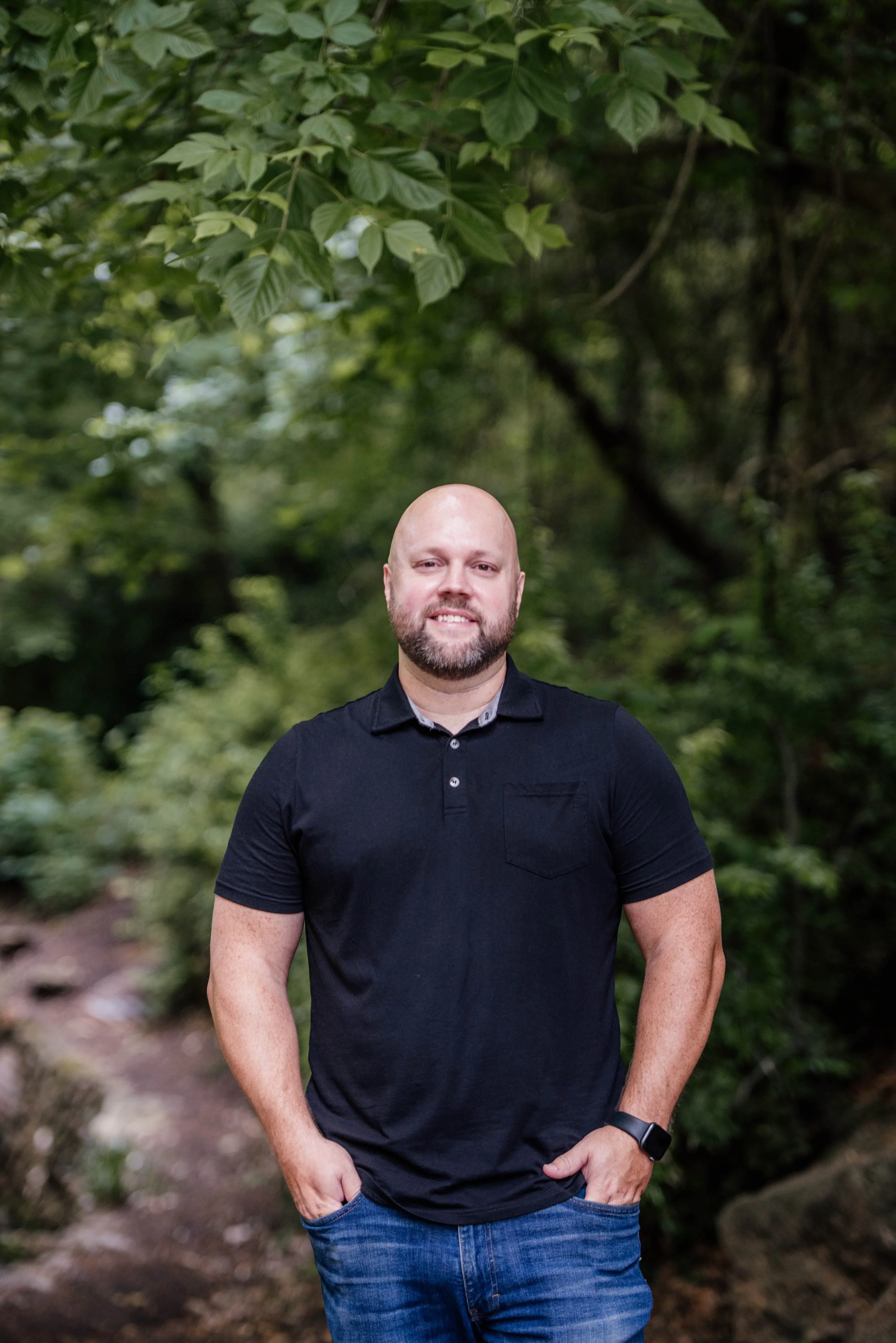How Colleges Prove AI Misuse and Cheating Allegations
What All Students Need to Know
Learn how colleges detect and prove AI-generated cheating in coursework. Understand AI detection tools, writing analysis, and your rights as a student.
by Christopher Holland
Founder of Academic AI Consulting
All information contained herein is for informational or educational purposes only and does not constitute legal advice. Academic AI is not a law firm and does not offer legal advice. Please consult an attorney before taking any legal action.
How Colleges Prove AI Cheating: What Students Need to Know
The rise of artificial intelligence tools like ChatGPT has transformed the academic landscape. While many students use AI responsibly, some find themselves facing accusations of academic dishonesty. A growing concern among college students is this: How can my school prove I used AI to cheat?
This article outlines the primary methods used by institutions to detect and verify AI use in student work—and what that means for your academic rights and responsibilities.
1. AI Detection Tools and Software
The most common method schools use to identify AI-generated content is through AI detection tools. These include platforms such as:
Turnitin AI Detection
GPTZero
Originality.ai
Copyleaks AI Detector
These tools evaluate writing based on factors such as perplexity, burstiness, sentence structure, and word predictability. They compare your writing to patterns found in large language models like OpenAI’s GPT.
However, AI detectors are not foolproof. Their results can be inconsistent. They may flag human-written text as AI-generated, especially if the writing is overly formal, repetitive, or lacks personal voice.
2. Writing Style Analysis
Professors often rely on more than just software. If a submitted assignment suddenly deviates from a student’s known writing style—such as improved grammar, advanced vocabulary, or a change in tone—this may raise concerns.
Educators may review prior submissions to compare stylistic elements. If your writing appears drastically different from past work, it may trigger further investigation.
3. Version History and Metadata
Some instructors require students to submit drafts via platforms like Google Docs, Microsoft Word Online, or Canvas. These tools often track:
Edit history and revision timestamps
Authorship metadata
Comments or AI tool integrations
If the document shows a lack of revision or a single burst of completed writing with no edits, this may raise suspicion. Additionally, some professors may request version history to validate the development of your work over time.
4. Oral Defense or In-Class Writing Comparisons
In more serious cases, instructors may request a follow-up meeting where you are asked to explain your writing process or defend your work. You may also be asked to write a similar response under supervision for comparison.
This strategy is often used when technical evidence is inconclusive but suspicion remains. Inconsistencies between your explanation and the assignment may influence the outcome of the investigation.
5. Lack of Supporting Evidence
Sometimes, accusations arise simply because an assignment seems “too perfect” or misaligned with the prompt. In these cases, instructors may look for supporting materials such as:
Drafts or notes
Citations and sources
Proof of research or planning
Failure to provide these materials may increase the likelihood of disciplinary action. Maintaining records of your writing process is essential, especially in AI-era education.
What This Means for You
If you are accused of using AI to cheat, it is important to understand that detection tools are only part of the equation. Institutions are expected to gather sufficient evidence and follow fair procedures. You have the right to:
Request documentation of the evidence
Submit your own supporting materials
Explain your writing process
Appeal the decision if appropriate
Do not panic. Remain professional, seek advice, and prepare a thoughtful response.
Get Expert Guidance from Academic AI
Navigating an AI-related academic misconduct accusation can be confusing and stressful. The stakes are high, and the rules are often unclear. Academic AI offers expert consulting for students, parents, and educators who need support.
Whether you are defending yourself against a false accusation or want to better understand what constitutes acceptable AI use, we can help. With over 27 years of experience in the IT industry and a deep understanding of AI's role in education, Academic AI provides practical strategies, document review, and one-on-one coaching.
Contact us today to schedule a consultation. Let us help you protect your academic future.
My name is Chris Holland. I am an IT engineer and I founded Academic AI to help students, parents, and educators navigate the world of artificial intelligence.
With over 27 years of experience in the IT industry, I founded Academic AI to address a growing need: helping families and educators navigate the complex and rapidly evolving landscape of artificial intelligence in education. As AI tools become more accessible, students are increasingly facing accusations of misuse, while educators are often left without the training or resources to uphold academic integrity effectively. That’s where Academic AI comes in—offering expert guidance, practical solutions, and clarity in a time of uncertainty.
All information contained herein is for education purposes only and does not constitute legal advice. Academic AI is not a law firm and does not offer legal advice. Always consult a licensed attorney before taking any action based upon the information contained herein.


